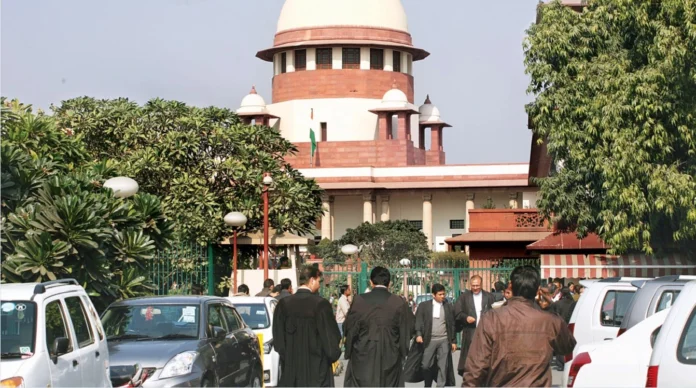By Sanjay Raman Sinha
The Supreme Court’s recent ruling on the scope of Section 197 of the Code of Criminal Procedure (CrPC) delivers a crucial message: public servants cannot misuse their powers or act with malice or dishonesty while expecting immunity under this provision.
Section 197 CrPC provides immunity to public servants from prosecution for actions performed in the discharge of their official duties, unless prior sanction is obtained from the appropriate government authority. The aim is to shield honest officials from frivolous litigation, ensuring they perform their duties fearlessly. However, this protection is conditional and does not extend to actions undertaken with malice, dishonesty, or those beyond the scope of official duties.
The Supreme Court, in Om Prakash Yadav vs Niranjan Kumar Upadhyay and Others, has clarified that acts such as fabricating evidence or filing false cases cannot be considered part of official duty. The judgment reiterated that for Section 197 to apply, the act must have a reasonable connection to the performance of official duty. If not, the perpetrator must be held accountable.
The case involved allegations that police officers registered a false FIR to shield an accused in a murder case. The fabricated FIR aimed to create an alibi for the accused, Ashok Dixit, who was implicated in the murder of the appellant’s brother. The false arrest for a minor offence in a different state was designed to establish that Dixit could not have been present at the crime scene.
The trial court convicted Dixit and 11 others of murder and found that the second FIR was the result of collusion between police officials and the accused. The Supreme Court held that such misuse of authority to fabricate evidence falls outside the scope of official duty, disqualifying the officers from seeking protection under Section 197 CrPC.
The Court emphasized that immunity under Section 197 requires a clear connection between the act and the discharge of official duty. Acts done maliciously or dishonestly cannot claim protection. While courts should ensure frivolous cases against public servants are dismissed early, they must also avoid prematurely quashing legitimate criminal trials, as doing so could destroy critical evidence.
This judgment underscores the principle that public office is a trust, and its misuse violates the right to life and liberty guaranteed under Article 21 of the Constitution.
The scope of Section 197 has been the subject of numerous judgments, establishing a nuanced legal framework:
- Shreekantiah Ramayya Munipalli vs State of Bombay (1954): Immunity cannot apply if the act is unrelated to official duty.
- Amrik Singh vs State of Pepsu (1955): Sanction is required only if the act is integrally connected to official duty.
- Matajog Dobey vs HC Bhari (1956): The necessity of sanction depends on the nature of the act, not just its context.
- Dhannjay Ram Sharma vs MS Uppadaya (1960): Merely having the opportunity to commit an offence through official duty does not justify immunity.
- P Arulswami vs State (1967): The act must fall within or closely relate to official duties for Section 197 to apply.
The Supreme Court’s judgment sends a stern message to public servants: immunity under Section 197 CrPC is not a license for misconduct. By reinforcing the conditional nature of this protection, the Court has balanced the need to safeguard honest officials with the imperative to hold wrongdoers accountable. This ruling is a significant step in upholding the rule of law in India, ensuring accountability in public administration while protecting citizens’ fundamental rights.


